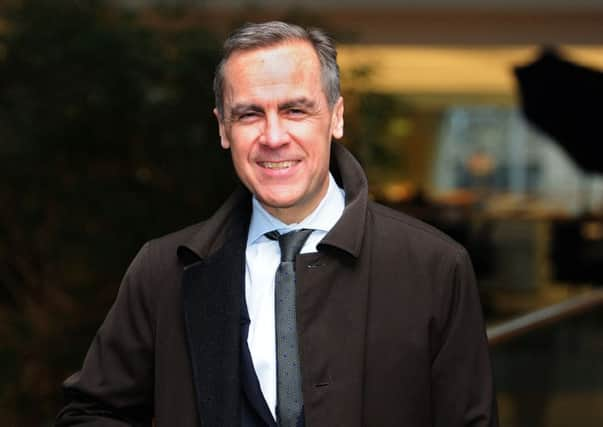Climate change risk to financial stability: Carney


Mark Carney said that by the time climate change becomes a defining issue for financial stability “it may already be too late”, in a speech to business leaders hosted by the Lloyd’s of London insurance market.
He said that, since the 1980s, the number of weather-related loss events for insurers had tripled, with inflation-adjusted losses rising from $10 billion (£6.6bn) a year to $50bn.
Advertisement
Hide AdAdvertisement
Hide Ad“Our societies face a series of profound environmental and social challenges,” Carney said.
“The combination of the weight of scientific evidence and the dynamics of the financial system suggest that, in the fullness of time, climate change will threaten financial resilience and longer-term prosperity. While there is still time to act, the window of opportunity is finite and shrinking.”
Carney warned that insurers were exposed to each of three types of risks that climate change posed to financial industries: physical risks like floods and storms, “liability risks” from future claims and “transition risks” – financial problems linked to the move to introduce a low-carbon economy.
He added: “The challenges currently posed by climate change pale in significance compared with what might come. The far-sighted amongst you are anticipating broader global impacts on property, migration and political stability, as well as food and water security. So why isn’t more being done to address it?”
Carney told the audience that the “catastrophic impacts of climate change” would be felt beyond the “traditional horizons” of most people in the industry, which would result in “imposing a cost on future generations that the current generation has no direct incentive to fix”.
He added: ”The horizon for monetary policy extends out to two to three years. For financial stability it is a bit longer, but typically only to the outer boundaries of the credit cycle – about a decade.
“In other words, once climate change becomes a defining issue for financial stability, it may already be too late.”